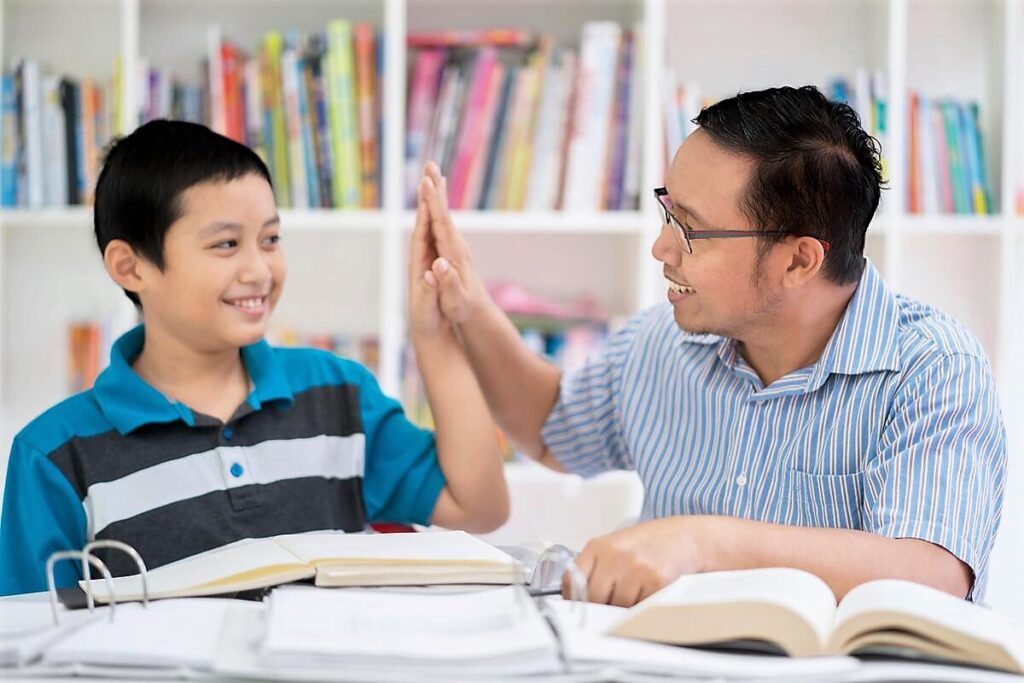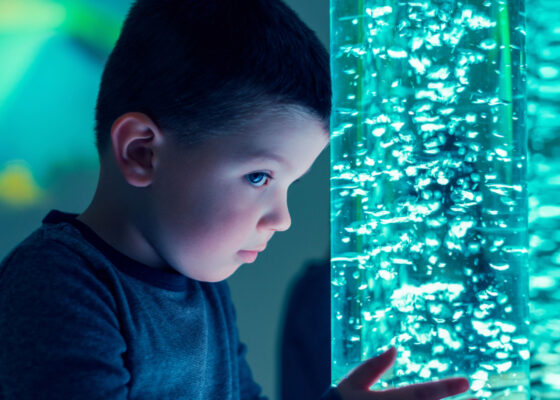Strategies to Improve Social Interactions in Children with Learning Disabilities
These can help children develop essential skills to help them navigate their daily interactions.
Social interactions can be particularly challenging for children with learning disabilities. However, with the right strategies, these children can develop essential social skills to help them navigate their daily interactions more effectively.
Here are some practical approaches that parents, teachers, and caregivers can use to support these children:
Role-playing
One of the most effective methods for teaching social skills is through role-playing. By practising common social scenarios, such as greeting someone or sharing toys, children can gain confidence in their ability to handle similar real-life situations.
Role-playing allows children to rehearse different responses and see the potential outcomes of their interactions, making them better prepared when they encounter these situations outside of practice.
Social Stories
Social stories are another valuable tool for children with learning disabilities. They are short, simple narratives that describe specific social situations and provide examples of appropriate behaviour.
By including pictures and using straightforward language, social stories can help children understand social cues and the expectations of various conditions. For example, a social story might explain how to ask someone to play or what to say when meeting someone new.

Visual Cues
Visual aids like charts or flashcards can be powerful reminders of social rules and conversation starters. For children who struggle with verbal instructions or need frequent reminders, these visual cues provide a quick and accessible way to recall appropriate behaviours.
For instance, a chart with pictures showing steps to start a conversation can be placed in a classroom or at home, giving children a visual reference they can easily follow.
Peer Interaction
Encouraging peer interaction through playdates or group activities allows children to practice their social skills in a structured environment.
These interactions should be guided and supervised to ensure children can engage positively with their peers while learning to navigate social dynamics. Structured playtime with peers improves social skills, builds friendships, and boosts self-esteem.
Positive Reinforcement
Positive reinforcement is critical to encouraging social skill development. Praising and rewarding children for positive social interactions can reinforce good behaviour and motivate them to continue practising their skills.
Whether verbal praise, a sticker, or a small reward, recognising their efforts helps children feel accomplished and eager to keep improving.
By incorporating these strategies into daily routines, children with learning disabilities can develop the social skills they need to connect with others and build meaningful relationships.





